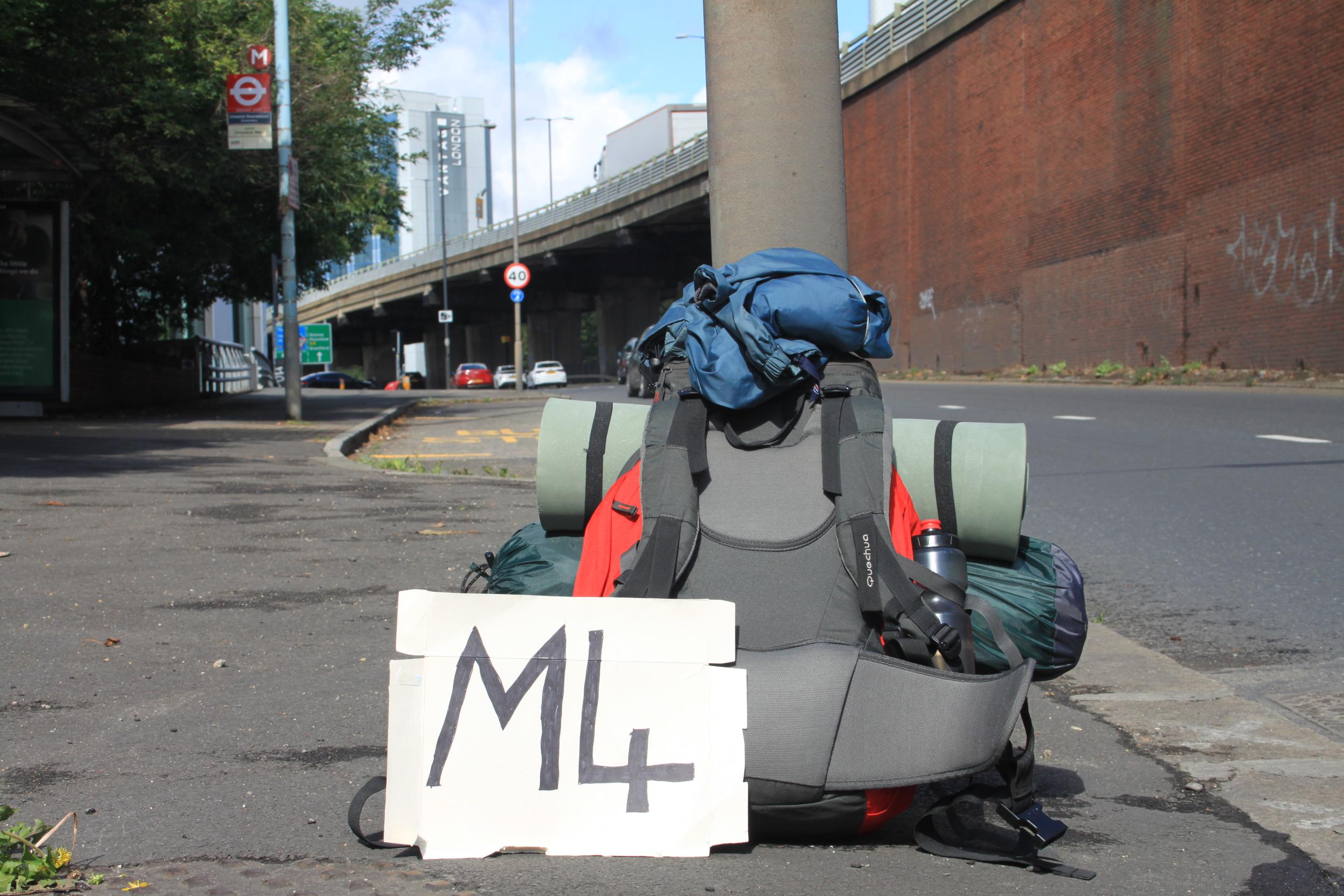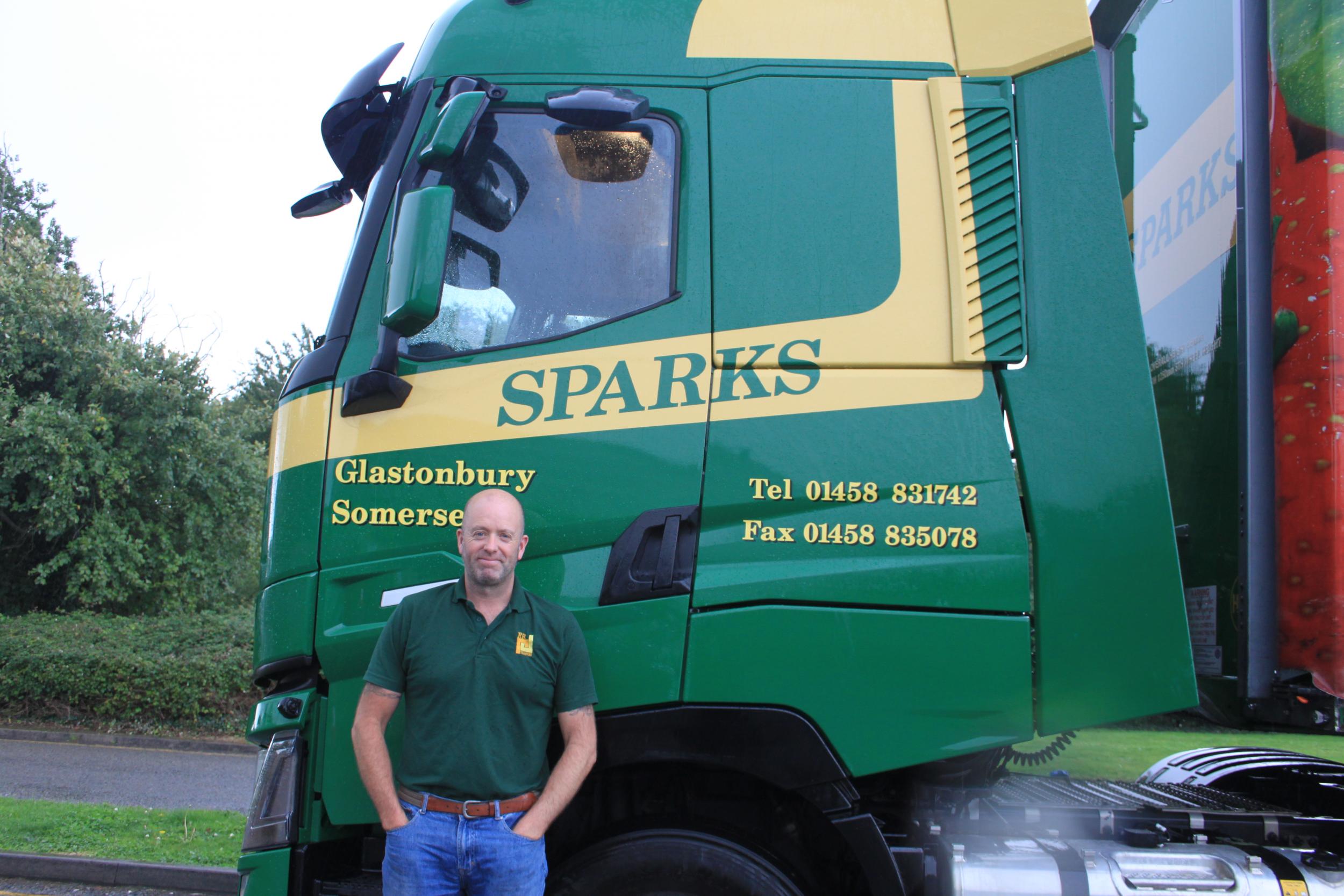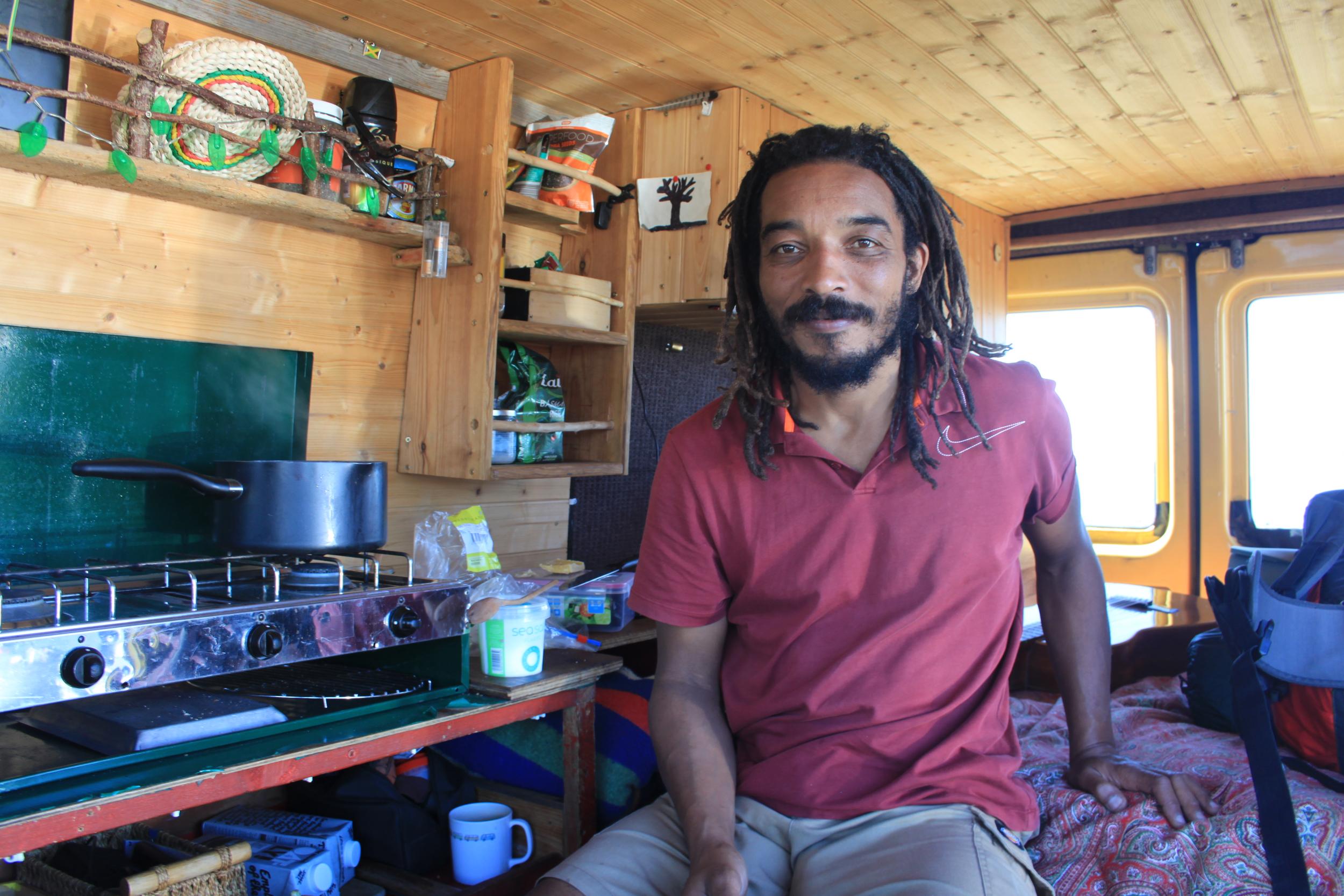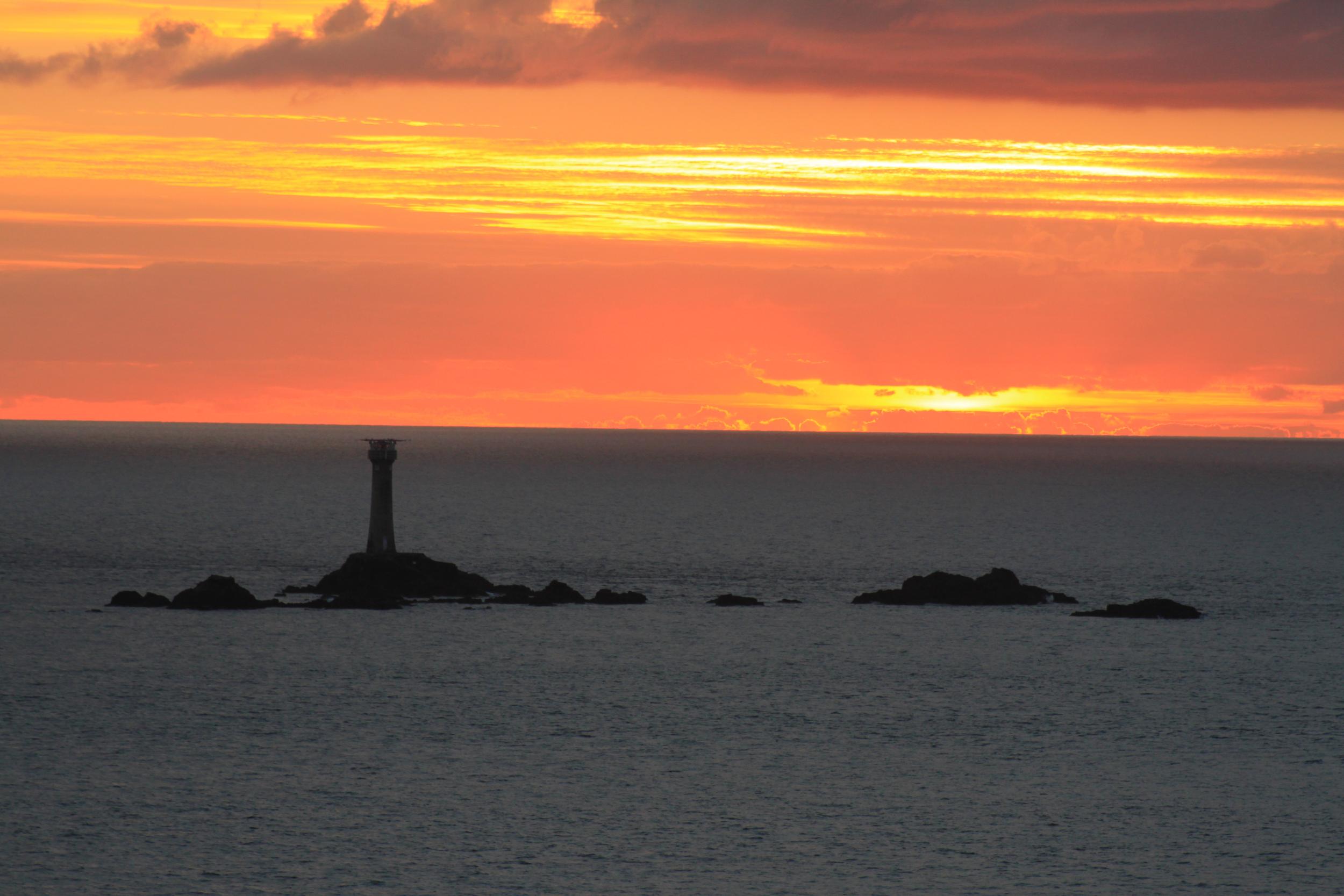What it’s like to hitchhike from London to Cornwall during the pandemic
Danny Halpin headed to west after restrictions around hitchhiking lifted

After four hours of waiting at Chiswick Roundabout in West London, I thought my plan to test hitchhiking in the pandemic had failed before it had even begun.
I had read about the spot on Chiswick Roundabout through a website called Hitchwiki, an invaluable resource for hitchhikers, especially when leaving major cities. People around the world contribute information such as wait times at particular spots, while offering advice on staying safe and making signs as well as other general tips on getting rides.
But so far, a lorry had broken down where I intended to hitch from, so I had to stand in the bus stop, and I witnessed more swearing than smiles from drivers passing by. Then at 3pm, it started to rain.
It wasn't a successful start, but when I returned the next morning, I found my first lift – Jonathan – just an hour later. He was driving to a funeral in Bristol and didn’t want to say his last name as he had just come back from France.
“I’m supposed to be quarantining, but my brother has just died, you know?”
I do; I understand that it is harder for people to self-isolate when they see so many others flouting social distancing rules in bars and shops, on public transport and at protests.
Hitchhiking and carsharing had actually been temporarily banned in the UK because of the pandemic, but restrictions have since eased.
The government still advises that people should "try not to share a vehicle with those outside your household or support bubble", but has suggested ways to make it safer for those who need to, including keeping the windows open for ventilation and wearing face covering and sharing the transport with the same small group of people each time.
In fact, aside from the latter, the guidance is very similar to that of taking a taxi.
Personally, I wasn’t afraid of catching the virus, but I did wear a mask and use hand sanitiser to prevent myself from unwittingly spreading it. Unless there were passengers, I sat in the front as in most cars the seats are about a metre apart.
While asking for rides, however, I kept my face free to show my smile. Admittedly, among all the drivers I rode with there was little fear, so a couple of times I did forget to put the mask on when getting into the car – this was quickly rectified.
Jonathan dropped me near a slip road to the M5 where HGV driver Carl Mead picked me up after just 10 minutes of waiting. HGV drivers don’t usually stop as either their insurance or their employers don’t allow it. But Carl said his company doesn’t mind.
“Only when we don’t have valuable goods in the back,” he said. “I’ve just been carrying a load of orange squash and cordial. Nothing exciting and it’s empty now anyway.”

The traffic was thick with tourists heading to Cornwall for the bank holiday weekend, unperturbed by forecasts of thunderstorms and rain.
At Sedgemoor Services I hopped out and after only 10 minutes, I caught another ride – an electrician by trade, Simon Dixon first moved to the south-west 15 years ago.
“Cornwall’s the leveller,” he told me. “You come and live here for a winter and you’re with the elements. It really toughened me up living here.”
This was his first visit in a year. He had been staying with family in his home city of Birmingham when the pandemic arrived and he was forced into an uncomfortably stationary lifestyle. In past years, he would spend the summer living by the beach in his yellow Mercedes van, whose rust-stained exterior belied a cosy, wood-panelled interior adapted for habitation.
It was furnished with a small double bed and a cooker with shelves, draws and boxes for storage. The passenger seat, salvaged from a scrapped people carrier, rotated to face the back.
“I was thinking of getting a heater in here but I think this is its last year,” he admitted.

The odometer showed over 220,000 miles and each time he started the engine, he had to gently stroke the ignition.
In a car park near Hayle, we stopped to drink tea, smoke and exchange songs on Simon’s Spanish guitar. He picked it up in Andalucía where he “went for two weeks and stayed for three months”. Bouts of hard rain swept in from the Atlantic Ocean as the night drew in. When it stopped, Simon showed me a spot to pitch my tent in the dunes overlooking St Ives Bay.
Over the next two days, I hiked on parts of the South West Coast Path, hitching around the western toe of the peninsula and wild camping by the sea. On what I had intended to be the final day, I set off from Land’s End. The night before, I had watched the sky explode with colour in one of the most dazzling sunsets I have ever seen.

From the village of Sennen, I hitched with Cecil Brown and two Corgi rescue dogs from Serbia, Johnny and Tilly, to rejoin Simon as he travelled back to Birmingham. By nightfall, I was in a service station near Bristol.
Hitchhiking becomes much harder after dark – people are tired, they are at the end of their journeys and they are more guarded. So I pitched my tent in a copse next to the HGVs.
It took two more rides the following morning for me to arrive at my destination, Euston station, waiting 30 and 15 minutes respectively.
On my journey, more than 600 miles completed in five days, I saw no evidence to suggest that hitchhiking is harder now than before the pandemic. In fact, it's quicker than public transport in some cases – in Cornwall, where buses run every two hours or so, I was waiting less than 10 minutes. And it's still the most low budget and sustainable method of travel and it is the best way to meet new people. In this age of polarised politics and algorithm-fed news, such an experience is more important than ever.
Join our commenting forum
Join thought-provoking conversations, follow other Independent readers and see their replies
Comments
Bookmark popover
Removed from bookmarks